Volkswagen Partners With Nvidia to Make Future VWs Drive Themselves

Volkswagen has announced a partnership with Nvidia to gradually introduce autonomous vehicles from 2020 onward.
The announcement was made during Nvidia’s keynote address at CES 2018, in which company founder and CEO Jensen Huang detailed the company’s new Xavier SOC for self-driving car systems. Xavier is described as the world’s first dedicated autonomous machine processor and will enable three AI ‘DRIVE’ platforms: Drive AV, Drive AR and Drive IX. Drive AV is for autonomous driving and processes sensor and Lidar data, among more, while Drive IX acts as a personal assistant, monitoring the driver for drowsiness, warning them of passing cyclists or preventing distractions. Drive AR is focused on graphics imaging for infotainment and could overlay road condition data or points of interest through in-car displays.
VW will utilize Nvidia’s powerful Xavier processor on its self-driving vehicles going forward, the first of which will likely be the production version of the I.D. Buzz concept. VW says the I.D. Buzz will launch its electric car campaign in 2020 and will gradually introduce autonomous driving capabilities on the vehicle throughout its lifecycle. The automaker has more than 20 fully electric vehicles planned by 2025 and is hoping to become a world-leader in both electric and autonomous cars. VW CEO Herbert Diess, who joined Huang on stage during Nvidia’s keynote, reiterated the company’s stance on EVs and AVs during the press conference.
SEE ALSO: VW Confirms That the I.D. Buzz is Headed to Production
“Artificial intelligence is revolutionizing the car,” Diess said. “Autonomous driving, zero tailpipe emission mobility and digital networking are virtually impossible without advances in AI and deep learning. Combining the imagination of Volkswagen with NVIDIA, the leader in AI technology, enables us to take a big step into the future.”
Nvidia’s Xavier processor, which is both smaller and more powerful than previous AV processors from the company, will help to reduce the bulkiness of the computer systems required to make a vehicle drive itself. It’s one more positive step forward for the autonomous driving dream that Huang, Diess and so many others are relentlessly chasing.
Nvidia’s keynote also saw the GPU giant announce other self-driving car partnerships with ride-sharing app Uber and Chinese web services company Baidu. Additionally, Nvidia said over 25 of its partners are working on making self-driving taxis a reality. Get used to hearing the name Nvidia, car industry veterans, we get the feeling they will become a huge player in the automotive landscape over the next 10 years or so.
Discuss this story on our VW forum.

Sam McEachern holds a diploma in journalism from St. Clair College in Windsor, Ontario, and has been covering the automotive industry for over 5 years. He conducts reviews and writes AutoGuide's news content. He's a die-hard motorsports fan with a passion for performance cars of all sorts.
More by Sam McEachern



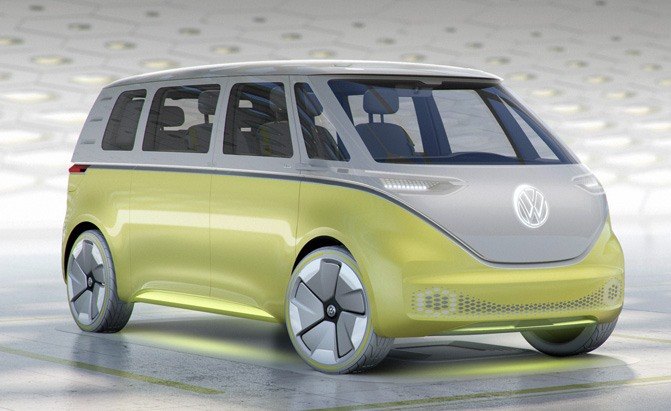

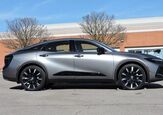
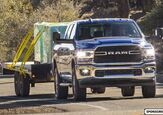











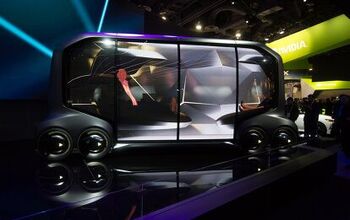
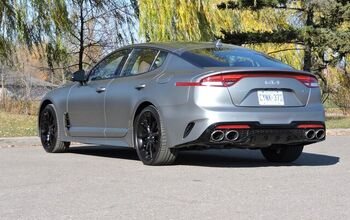
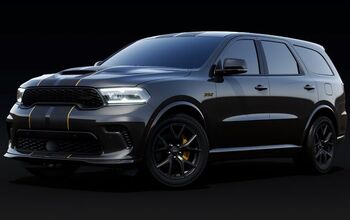
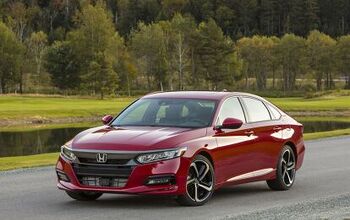



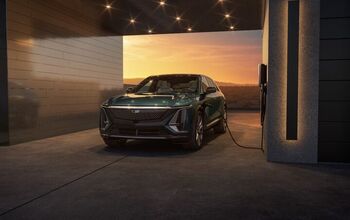
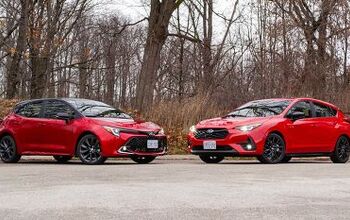
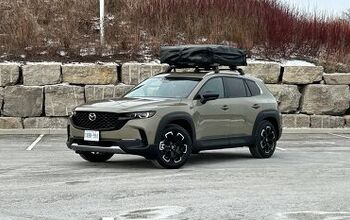
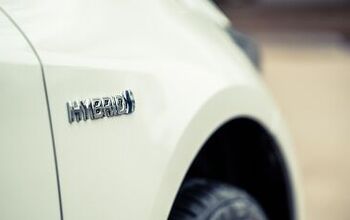


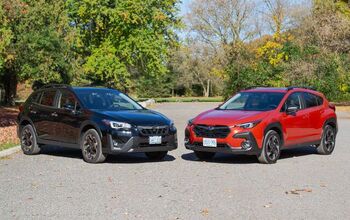
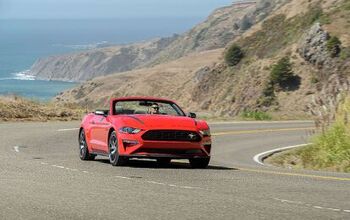
Comments
Join the conversation